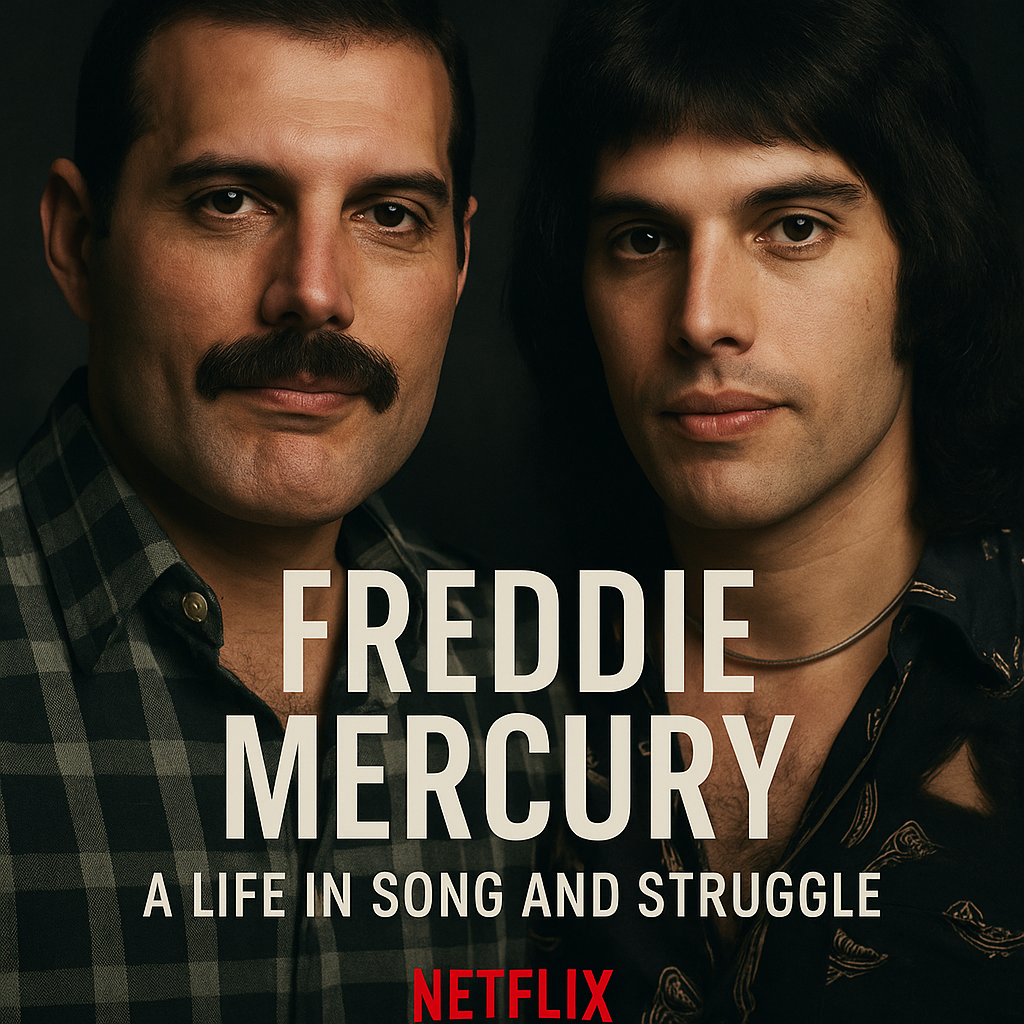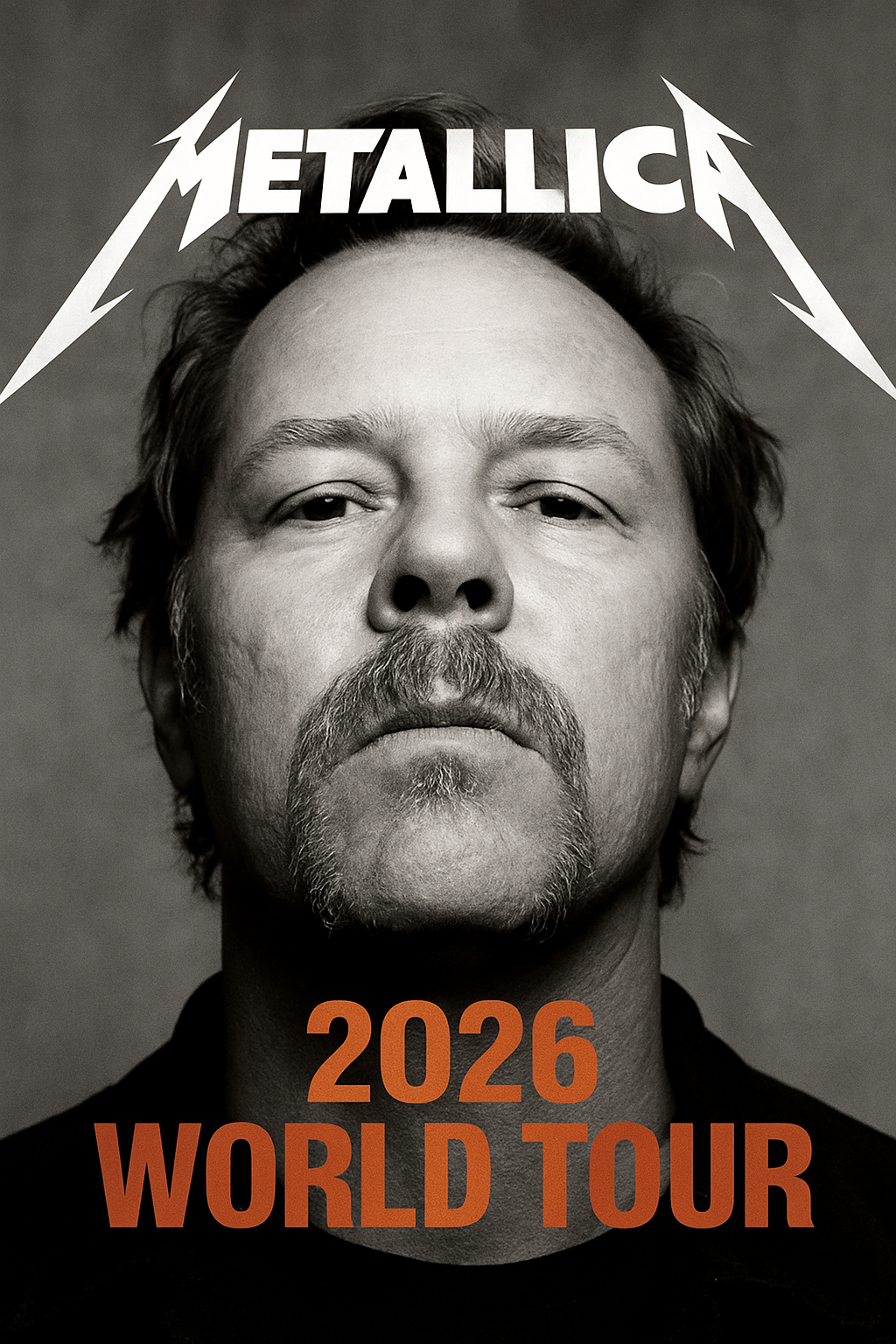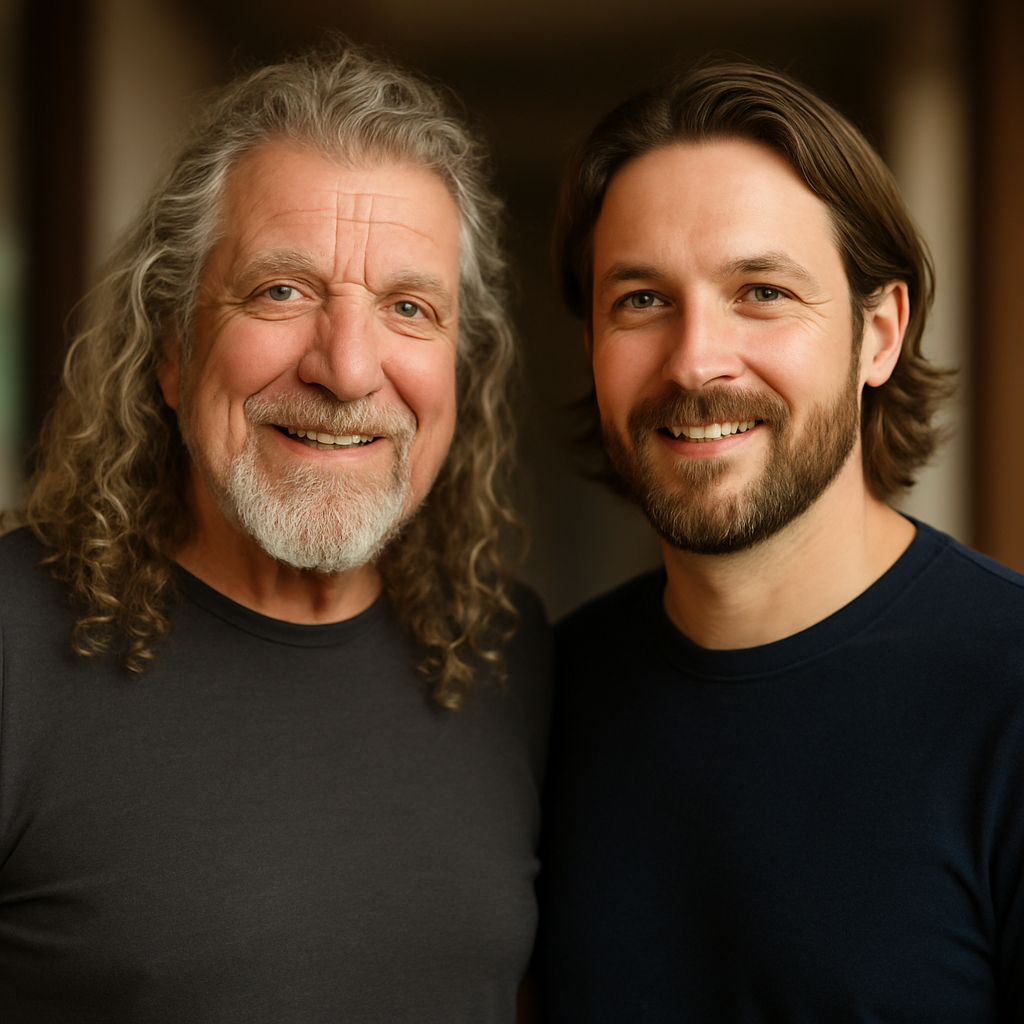Few figures in rock music have left as indelible a mark as Freddie Mercury. Born Farrokh Bulsara on September 5, 1946, in Zanzibar (now Tanzania),
he would rise to become one of the most celebrated frontmen in music history. His journey, marked by triumphs, turmoil, and unwavering artistry, continues to inspire generations.
Freddie spent his early years in India, where he attended boarding school and discovered a passion for music. He formed his first band, The Hectics, at age 12, covering rock and roll classics. These early experiences would lay the groundwork for the iconic performer he would become. His family moved to England in 1964, escaping political unrest, which began a new chapter in his life.
In London, Freddie immersed himself in the arts, studying graphic design at Ealing Art College. There, he nurtured his flamboyant style and artistic sensibility. During this period, he met musicians who would become his lifelong collaborators. The chemistry between Brian May, Roger Taylor, John Deacon, and Freddie Mercury would soon give birth to Queen in 1970.
Queen’s breakthrough came with the 1974 release of Sheer Heart Attack, but it was A Night at the Opera (1975) and its groundbreaking single “Bohemian Rhapsody” that cemented their legacy. Freddie’s vocal range, theatrical stage presence, and genre-defying songwriting turned Queen into a global sensation. Despite being a private person, on stage, he was a larger-than-life figure—commanding, charismatic, and unapologetically bold.
Behind the curtain, however, Mercury faced personal battles. As a man of Indian Parsi descent and a closeted bisexual during a time of widespread discrimination, he often felt alienated. He kept much of his personal life hidden, fearing judgment and loss of privacy. Still, his authenticity and courage to defy societal norms made him a silent symbol for those who felt marginalized.
Throughout the 1980s, Mercury’s talent continued to shine, even as internal struggles and the looming threat of the AIDS epidemic cast shadows over his life. Hits like “Under Pressure,” “Radio Ga Ga,” and “I Want to Break Free” showcased his emotional depth and enduring relevance. Queen’s performance at Live Aid in 1985 is still considered one of the greatest in rock history—an awe-inspiring example of Mercury’s unmatched showmanship.
The late ’80s marked a turning point. Rumors about Mercury’s health circulated, but he remained silent. Diagnosed with AIDS in 1987, he continued recording, pushing through pain and fatigue with unwavering commitment. Innuendo (1991), Queen’s final studio album released during his lifetime, became a poignant swan song—a testament to his courage and unyielding passion for music.
Offstage, Mercury experienced joy in his personal relationships. His former fiancée and lifelong friend Mary Austin remained close, while partner Jim Hutton was a quiet pillar of support in his final years. Despite living under the intense glare of fame, Freddie created a tight-knit circle of trust and love around him, clinging to moments of peace amid the chaos.
Mercury’s death on November 24, 1991, devastated the world. The day before his passing, he publicly confirmed he had AIDS, a brave act that brought global attention to the epidemic. His death marked the end of an era, but also ignited important conversations about disease, identity, and compassion.
Freddie Mercury’s legacy is more than just music. It’s a story of self-expression, resistance, and reinvention. He was a man of extremes—bold yet private, fragile yet powerful, flamboyant yet deeply human. Every note he sang carried the weight of a soul unafraid to burn brightly, even in the face of darkness.
Today, Mercury is celebrated not only for his musical genius but for the resilience he showed in the face of adversity. Tributes, films, and memorials continue to honor his life. The 2018 film Bohemian Rhapsody reintroduced him to a new generation, reminding the world of the timeless power of authenticity.
In remembering Freddie Mercury, we celebrate not just a rock legend, but a human being who dared to live and love on his own terms. His life was a melody of struggle and triumph, sorrow and joy—a song the world will never forget.



